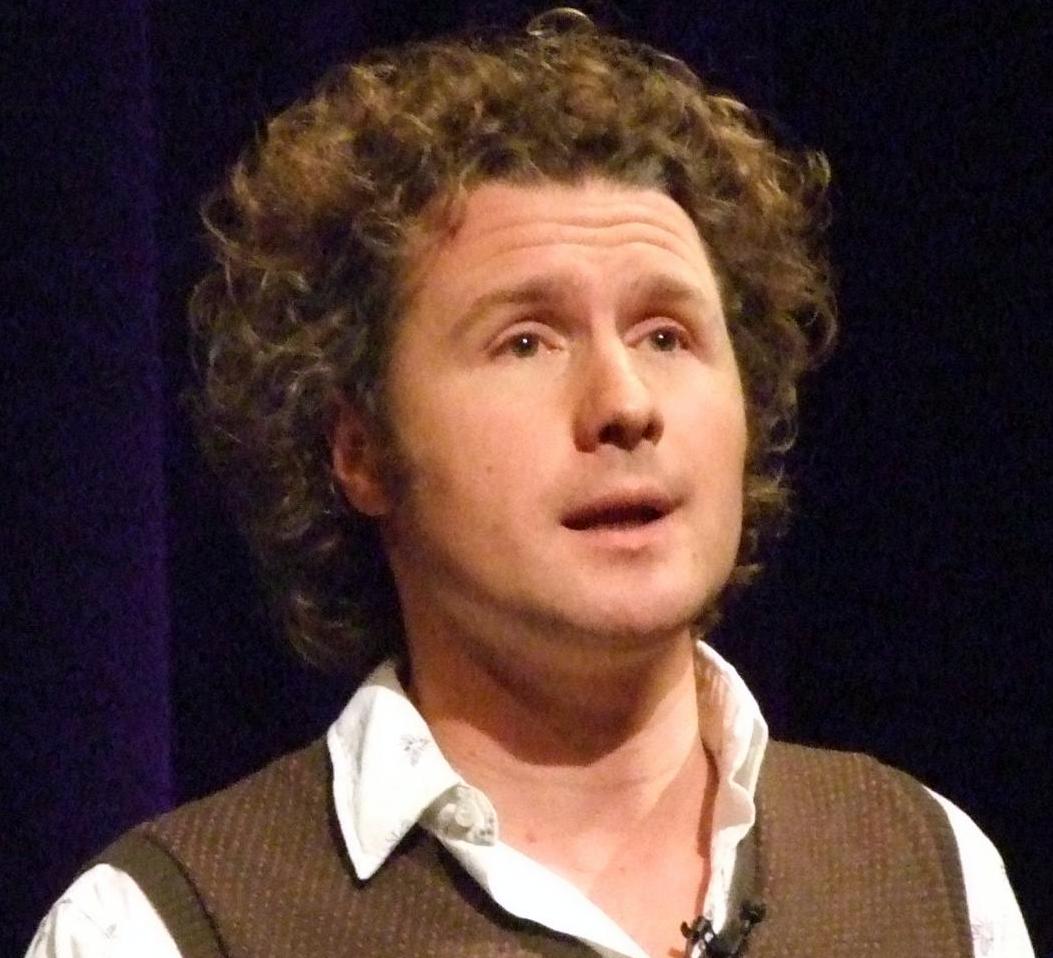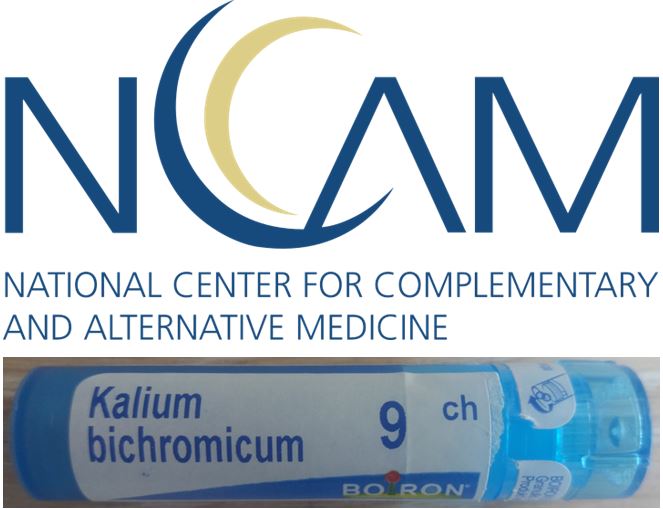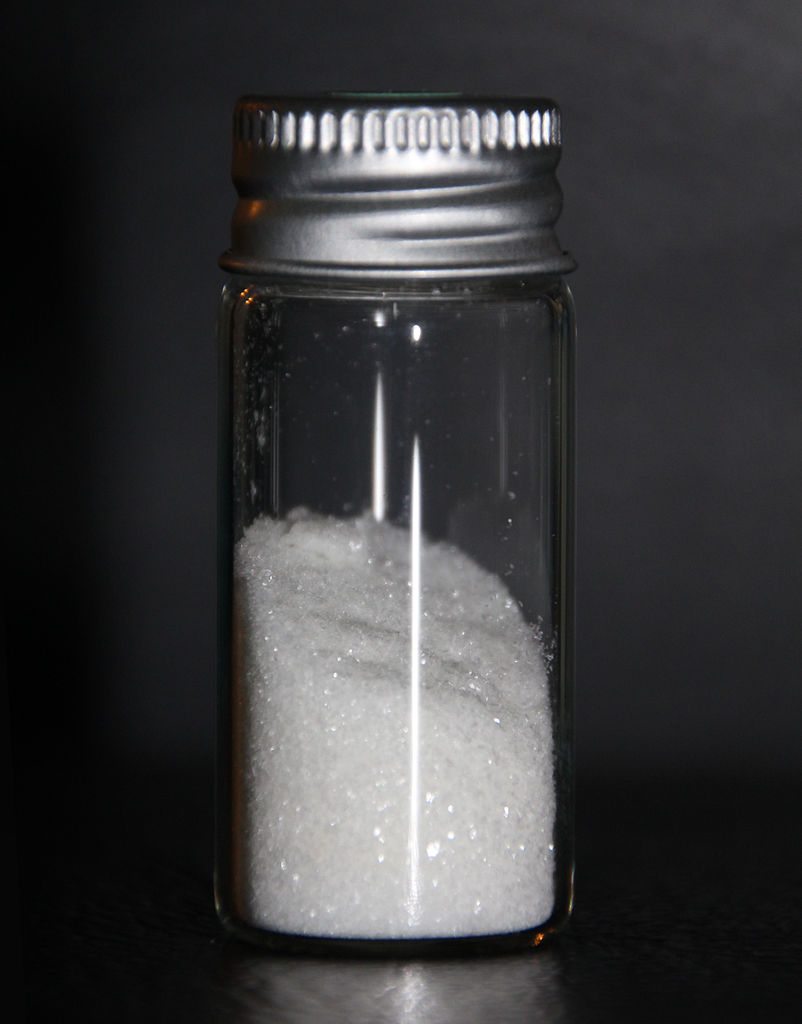Results for: placebo
Journal of Clinical Oncology editorial: “Compelling” evidence acupuncture “may be” effective for cancer related fatigue
Journal of Clinical Oncology (JCO) is a high impact journal (JIF > 16) that advertises itself as a “must read” for oncologists. Some cutting edge RCTs evaluating chemo and hormonal therapies have appeared there. But a past blog post gave dramatic examples of pseudoscience and plain nonsense to be found in JCO concerning psychoneuroimmunology (PNI) and, increasingly, integrative medicine and even integrations...
Ecstasy for PTSD: Not Ready for Prime Time
Hundreds of desperate combat veterans with Post-Traumatic Stress Disorder (PTSD) are reportedly seeking experimental treatment with an illegal drug from a husband-wife team in South Carolina. The Bonhoefers recently published a study showing that adding MDMA (ecstasy, the party drug) to psychotherapy was effective in eliminating or greatly reducing the symptoms of refractory PTSD. It was widely covered in the media, for...
Chiropractic “Research” on Tourette Syndrome: The Trouble with Case Reports…..
I can think of few conditions with clinical features more ideal for establishing a pattern of abuse at the hands of practitioners of so-called alternative medicine than Tourette syndrome. Tourette syndrome (TS), which first manifests itself in early childhood in the overwhelming majority of patients, is a neurological disorder with infamous motor and vocal manifestations and a troubled past. Historically the condition...

Bad Pharma: A Manifesto to Fix the Pharmaceutical Industry
“There is no medicine without medicines” write Ben Goldacre in his new book Bad Pharma. To Goldacre, an author, journalist and physician, this cause is personal. The title, a reference to both his first book, Bad Science, as well as the pharmaceutical industry’s nickname Big Pharma, is a bit of a misnomer. While the focus is pharmaceutical companies and their actions, there are...

Getting NCCAM’s money’s worth: Some results of NCCAM-funded studies of homeopathy
As hard as it is to believe, the Science-Based Medicine blog that you’re so eagerly reading is fast approaching its fifth anniversary of existence. The very first post here was a statement of purpose by Steve Novella on January 1, 2008, and my very first post was a somewhat rambling introduction that in retrospect is mildly embarrassing to me. It is what...
Is There a Treatment for Tinnitus
There are several features of a symptom or illness that make it a convenient target for proponents of unconventional therapies. Subjective symptoms are more likely to be targeted than objective conditions – you don’t see many so-called “alternative” birth control treatments. Symptoms for which placebo effects alone are likely to produce the illusion of effectiveness are good targets for ineffective treatments. Symptoms...
“Moneyball,” the 2012 election, and science- and evidence-based medicine
Regular readers of my other blog probably know that I’m into more than just science, skepticism, and promoting science-based medicine (SBM). I’m also into science fiction, computers, and baseball, not to mention politics (at least more than average). That’s why our recent election, coming as it did hot on the heels of the World Series in which my beloved Detroit Tigers utterly...
Eat To Save Your Life: Another Half-True Diet Book
I am hesitant to review diet books because they are so often a tangled mess of fact and fiction. Teasing out their truth from falsehood is about as exhausting as delousing a long-haired elementary school student. However, after being approached by the authors’ PR agency with the promise of a book that contains science-based nutrition information I decided to agree to the...

The result of the Trial to Assess Chelation Therapy (TACT): As underwhelming as expected
Chelation therapy. It’s one of the most common quackeries out there, used by a wide variety of practitioners for a wide variety of ailments blamed on “heavy metal toxicity.” Chelation therapy, which involves using chemicals that can bind to the metal ions and allow them to be excreted by the kidneys, is actually standard therapy for certain types of acute heavy metal...
The Trial to Assess Chelation Therapy: Equivocal as Predicted
The ill-advised, NIH-sponsored Trial to Assess Chelation Therapy (TACT) is finally over. 839 human subjects were randomized to receive Na2EDTA infusions; 869 were randomized to receive placebo infusions. The results were announced at this weekend’s American Heart Association meeting in Los Angeles. In summary, the TACT authors report a slight advantage for chelation over placebo in the “primary composite endpoint,” a combination...

